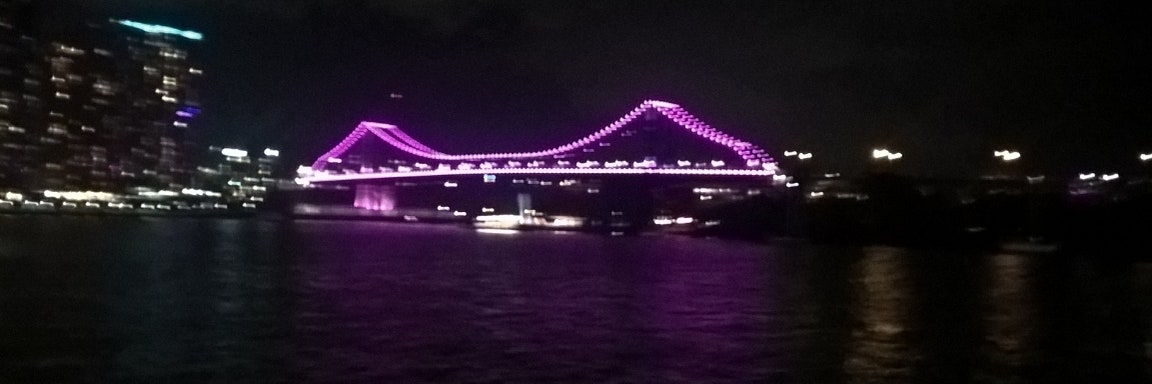


Australian urban planning, public transport, politics, retrocomputing, and tech nerd. Recovering journo. Cat parent. Part-time miserable grump.
Cities for people, not cars! Tech for people, not investors!
This profile is from a federated server and may be incomplete. Browse more on the original instance.
Cars are rewiring our brains to ignore all the bad stuff about driving (www.theverge.com)